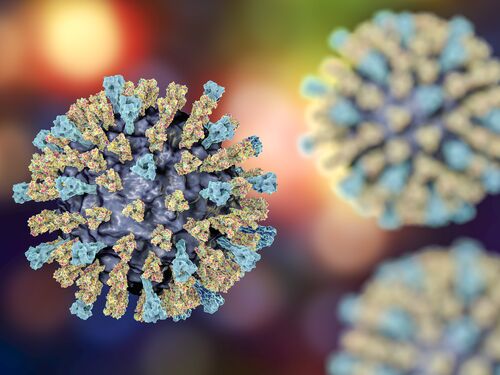Can lemons cure cancer?
Based on Science
Lemons cannot cure cancer. Currently, there is no evidence that lemons or other citrus fruits help treat cancer.
Last update February 22, 2019
Do lemons affect cancer cell growth?
The hope that lemons could help treat cancer is mostly based on a molecule called limonene. Limonene is found in the oils in the peels of lemons and other citrus fruits. It can affect how some cells grow in the laboratory, so it has been studied to see if it can help treat cancer. However, there is no consistent evidence that people with cancer who consume limonene—either in supplement form or by eating citrus fruits—get better or are more likely to be cured.
Claims that limonene can fight cancer are based on laboratory studies of cancer cells growing in dishes. In some of those studies, limonene seemed to slow, block, or help kill some types of cancer cells growing in the lab. Some studies in mice also suggest that limonene may slow the growth of some tumors, including liver, colon, and pancreatic cancers.
Lemons have not been shown to prevent or treat cancer in people.
Results in lab tests and mice are not necessarily reflective of how something will work in humans, though. Some small clinical trials have tested whether limonene can help people with cancer, but none have shown that limonene helps prevent or treat human cancer.
Lemons can be part of a healthy diet during cancer treatment. However, they have not been shown to be effective in treating or curing cancer.
ADDITIONAL RESOURCES
More like this
Discover
Events
Right Now & Next Up
Stay in the loop with can’t-miss sessions, live events, and activities happening over the next two days.
NAS Building Guided Tours Available!
Participate in a one-hour guided tour of the historic National Academy of Sciences building, highlighting its distinctive architecture, renowned artwork, and the intersection of art, science, and culture.




